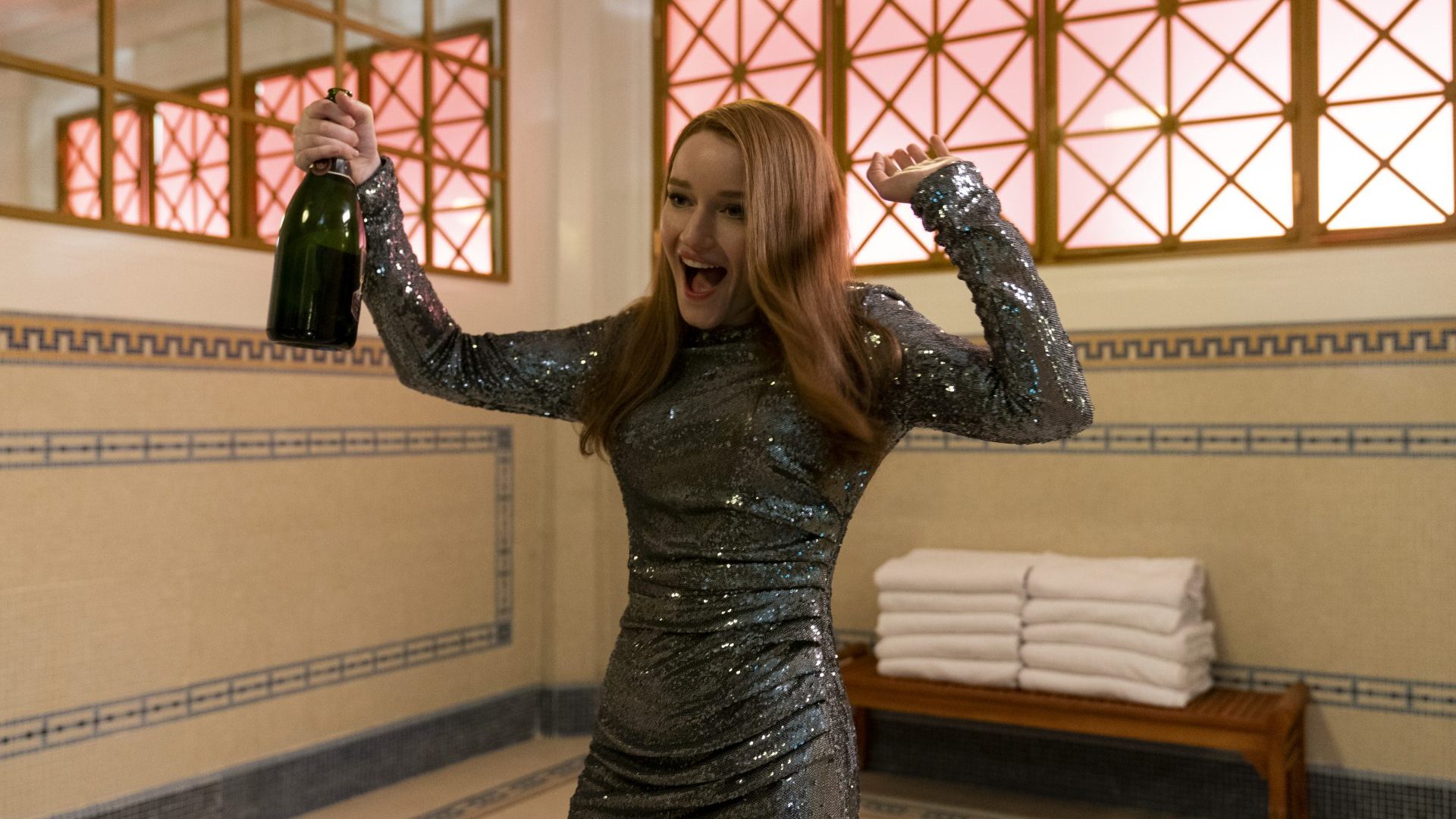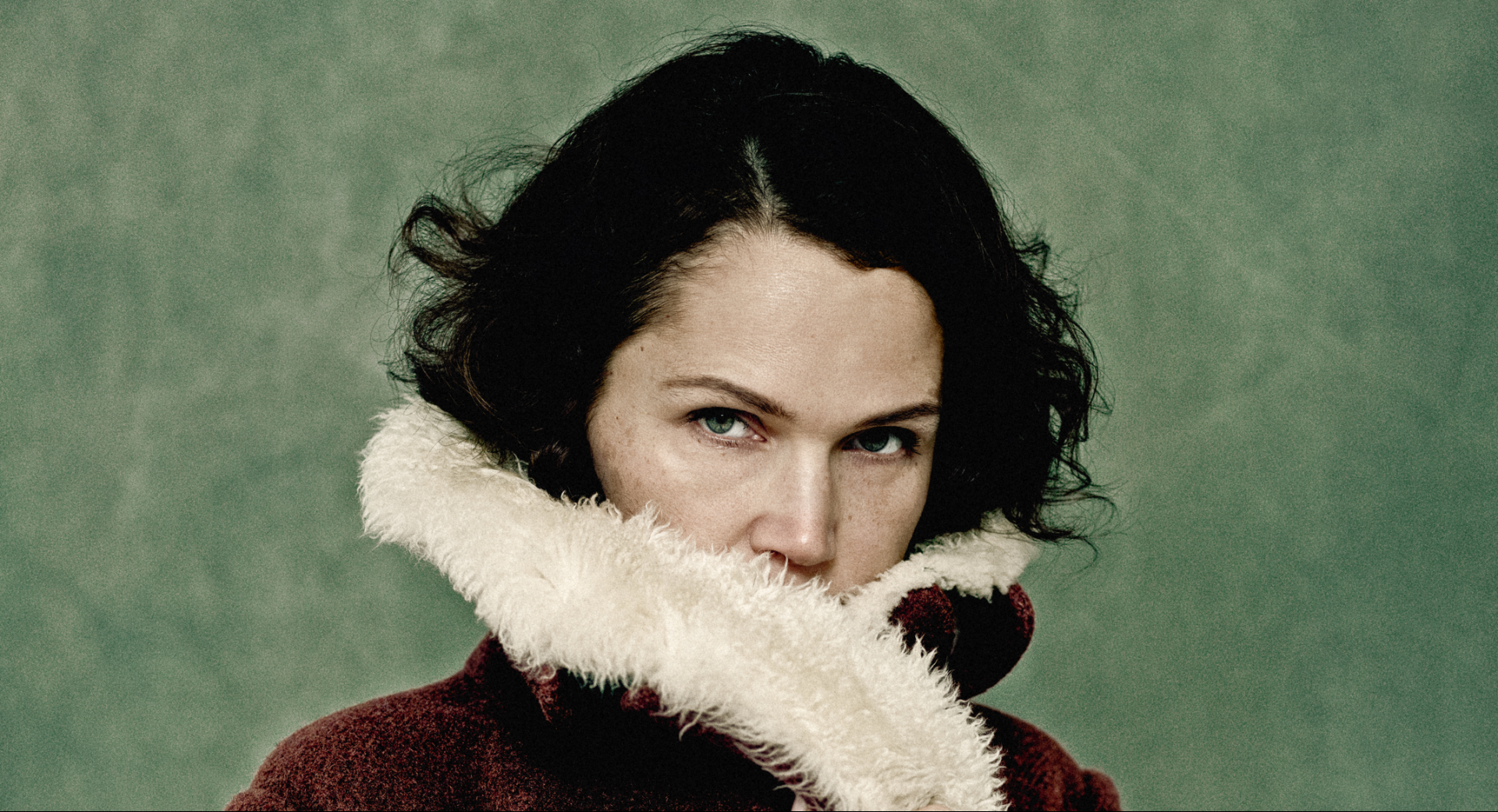There is a part in the writer Sophie Collins’ book Small White Monkeys: on self-expression, self-help and shame, where Collins poses a question to her friend. The friend creates art and scholarship about witchcraft, and she asks what their definition of a witch is. “I define a witch as someone who uses language to make tangible changes in the world,” she is told.
This definition may be of some help in investigating our collective fascination with scammers. They are contemporary witches in their way, holders of public imagination, folk heroes and devils.
From Elizabeth Holmes, whose bogus biotech blood-testing company was valued at $9bn (£6.6bn) and then swiftly down to zero when her fraud was revealed, to Frank Abagnale, the serial con man who successfully impersonated doctors, pilots and lawyers, these are people who speak reality into existence. Powered by limitless ability to fabricate and depths of self-belief that most ordinary people couldn’t dream of, they captivate us because they suggest something tantalising: that identity can be shrugged on and off at will.
Anna Delvey is a perfect example of this allure, a nobody who moved to New York and impersonated a bonafide somebody so well that dozens of individuals and institutions gave her money and their good faith. Posing as a German heiress, she assumed a certain kind of snobbish, art hipster persona in the hope not just of taking her place in New York high society but also of applying for a $40m (£29.4m) loan under a fraudulent premise to build the Anna Delvey Foundation (an insufferable-sounding, private members’ club for artists and their hangers-on).
When her story broke in 2018, in a viral New York magazine article, it was
her manipulation of social mores for rich people that intrigued, but also her
steely remorselessness. The front she put up was so total that you had to wonder at a certain point if she did in fact believe her own mythology.
Inventing Anna is a new Netflix limited series based on the New York story by Jessica Pressler. It is a fictionalised version of reality, as acknowledged in the opening credits’ sassy little rejoinder at the beginning of each episode: “This is a totally true story. Except the parts that are totally made up.” The makers seem to be enforcing their right to be as ambivalent about the truth as Anna
herself, which is fine by me except that it forces the question: why, with all the artistic licence in the world and interesting source material and a great
cast, is this show so tediously over-long, draining and empty to watch?
The good parts first. Julia Garner as Anna is a pleasure to watch. She has drawn criticism for her mildly bonkers accent, but I think it’s perfect, exactly the sort of pan-European muddled affectation that somebody would concoct to impersonate an old-money heiress, fake and theatrical and plausibly completely real.
The high-octane interludes of her almost getting away with her preposterous sleight of hand are thrilling, and it is perhaps emblematic of how sympathetic the show is to Anna that we really quite want that loan to be signed over to her.
It’s not too difficult to see why she attracted so many willing admirers and would-be benefactors. I’ve seen it mean-spiritedly asked on social media how a person who looked so average could exert such power over others.
The real Anna’s attraction was little to do with her physical appearance, vain and conceited as she was about it. There is real power and value in a person who views the world as being entirely open to them, even more so with the retrospective knowledge that Anna didn’t inherit this arrogant assumption from a rich family. She spun it out of thin air.
But the exuberant buzz of the real story is somehow utterly flattened by Inventing Anna. Ten long hours manage to wring any remaining intrigue dry. Like many other films and shows, it assumes a far greater interest in the tedious background cogs of journalism than is warranted.
Vivian, the fictionalised equivalent of Pressler, is played by Anna Chlumsky and is positioned to take up as much of our attention as Anna herself, but there aren’t enough connecting lines between the two women to bear out a portrayal of their duality.
There may be something to be said for both women angrily trying to define themselves against the insistences of their respective realities, but there is no intimacy between them.
Instead, we get Anna making mean quips about Vivian’s shoes, face and weight in a way that feels oddly false and dated. I suppose that’s the risk of
portraying a cypher; you might end up with something just as shallow and
constructed as their own façade.




